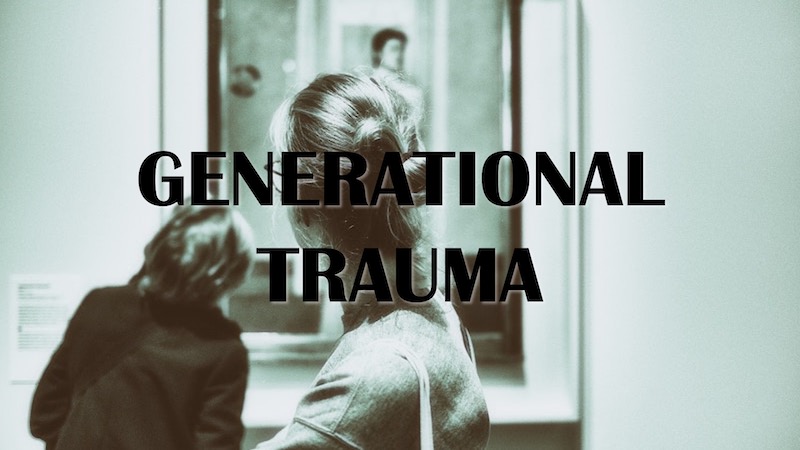‘Mental health’ is a misleading term
- 27 June 2025
- Posted by: Michael H Hallett
- Category: Generational trauma ,

It’s June, and here in Britain another Mental Health Awareness Week has passed. In America, where everything is done on a larger scale, it lasts a whole month. A lot of digital column-inches have been devoted to ‘mental health matters,’ but what has changed? Has anyone become more aware of anything? I have.
Speaking to an acute mental health caregiver, I learned that the waiting list in Britain is now 1.5 million people—that’s just over 2% of the population waiting for acute care.
According to the charity Mind, “1 in 4 people will experience a mental health problem of some kind each year in England [and] 1 in 6 people report experiencing a common mental health problem (like anxiety and depression) in any given week in England.”
Much as I respect Mind and its efforts, I disagree. The number of people experiencing ‘mental health’ issues is precisely zero.
‘Mental health’ is a misnomer
I’m not saying this to deny or denigrate ‘mental health’ experiences, modalities, or professionals but to point out that none of these issues happen in our minds.
They happen in the depths of our psyche, then manifest like ripples on the mirror-smooth surface of our minds. Like the Loch Ness monster, a search for the source of these ripples in our minds always yields a blank. Resolve the psychic disturbance, and the mind returns to normal functioning.
The term ‘mental health’ is a misnomer. Worse than that, it’s misleading. It implies the issue is in the mind, which in turn suggests the solution is also in the mind. Even Mind, Britain’s leading mental health charity, has fallen into this trap.
Psychic disturbances can be counted, collated, and categorised in the mind, but they can’t be solved there—for the simple reason the action is happening elsewhere. If you had a broken leg, the doctor wouldn’t call it a ‘leg health issue’ and give you a Cognitive Behavioural Therapy reframing exercise. It’s a broken leg. The bone needs resetting.
‘Emotional health’
Feeling problems can only be resolved through feeling that which we refuse to feel. That is the one and only solution to all psychic issues.
Why isn’t ‘mental health’ called ‘emotional health’ or ‘psychological health’? (OK, I can see why it’s not called ‘psychological health’—too much of a mouthful.) Is it because of a lingering sense, particularly among older generations, that feelings are for sissies—‘snowflakes’ in the current uninformed and unhelpful putdown.
The shift from mind- to psyche-focused awareness reveals a deeper divide: between symptom management and root cause resolution. Mental health initiatives may provide benefits, even long-term ones, but the growing waiting lists are mute testimony to their inability to fix these problems at their source.
The term ‘mental health’ perpetuates wishy-washiness and wishful thinking—to avoid scary feelings, a sub-conscious attempt at downplaying the ineffectiveness of current practices. All these issues originate in trauma. They don’t come from nowhere; they are never random.
“Diminish darkness”
Laura Knight-Jadczyk writes “People do not realize that, in order to diminish darkness, they must focus on it.” That means penetrating the deep unconscious, home to all our phobias and fears; the denied, denigrated and rejected aspects of our being—yes, even our ‘mental health issues.’
For many years I experienced anxiety around filing tax returns—until I discovered that my great-grandfather was charged with tax fraud in 1922, cascading shame and trauma through the family for a century. Having processed this trauma (not just mentally but emotionally), my fear of the taxman vanished.
I use this example to illustrate how the precision of the deep cause is reflected in the precision of the symptoms, even though they were separated by three generations and passed down as generational trauma.
The term ‘mental health’ no longer serves us. As we become a more trauma-informed society, our language needs to become more precise, just as our tools and methods for providing genuine root cause resolution do.
Next steps
For further resources on generational trauma, both free and paid, please click on this image.
Photo by Uday Mittal on Unsplash

